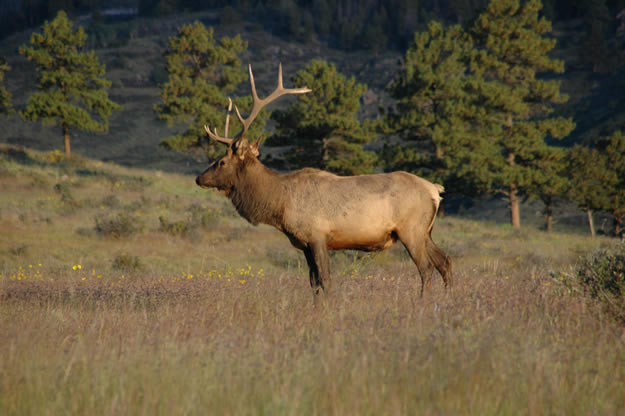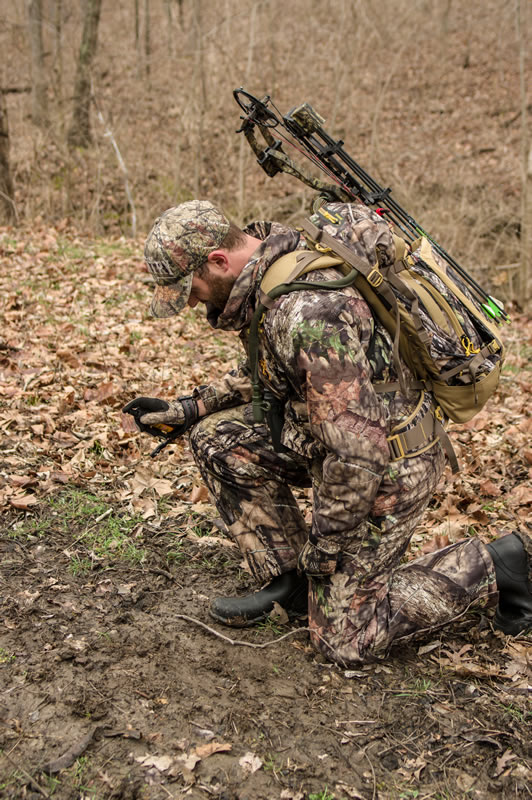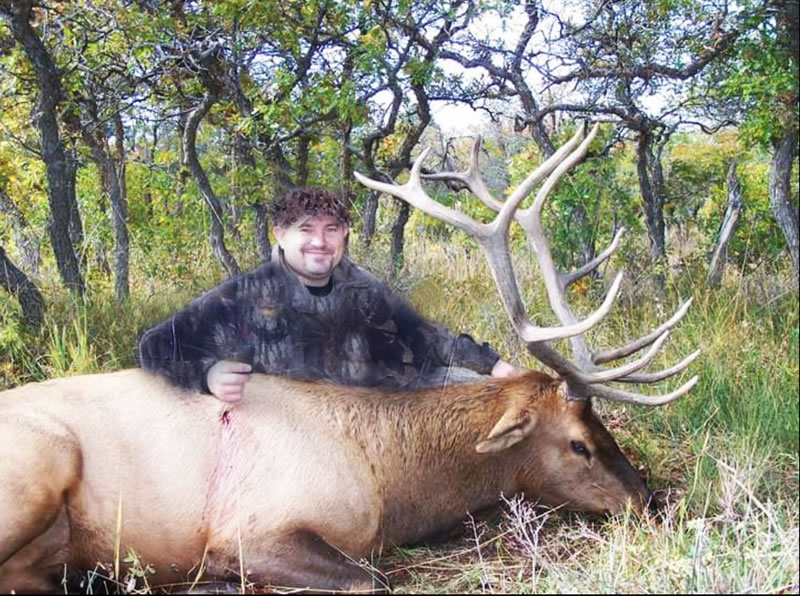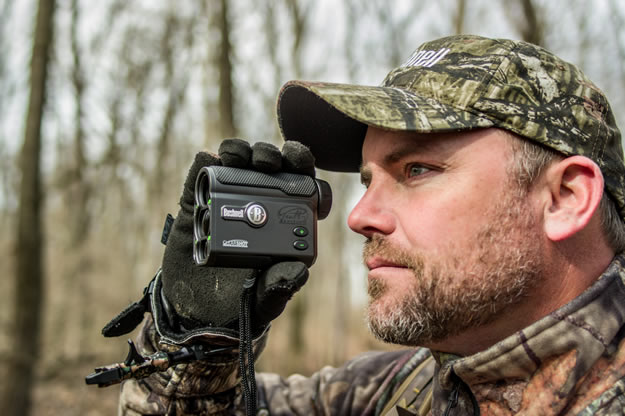
 Editor’s Note: Mossy Oak Pro Steve Byers of Delta, Colorado, has been on the Mossy Oak Pro Staff for 6 years. He's been talking to elk and hunting elk since he was 3-years old and began cow calling to elk with his natural voice at age 5. But by the time he turned 13, his voice changed, and he started using diaphragm calls and bugles. Much of Byers’ knowledge and training in the art of elk hunting came from his dad. Today he operates Bullseye Bowhunting Guide Service (http://www.bullseyebowhunt.com).
Editor’s Note: Mossy Oak Pro Steve Byers of Delta, Colorado, has been on the Mossy Oak Pro Staff for 6 years. He's been talking to elk and hunting elk since he was 3-years old and began cow calling to elk with his natural voice at age 5. But by the time he turned 13, his voice changed, and he started using diaphragm calls and bugles. Much of Byers’ knowledge and training in the art of elk hunting came from his dad. Today he operates Bullseye Bowhunting Guide Service (http://www.bullseyebowhunt.com).
My bugle is my last-resort call. I only use it when I'm pretty certain I've got a bull that wants to fight. Most of the time, I can call in a bull just using cow calls. Last year I was hunting with a hunter from Pennsylvania on a ranch near Montrose, Colorado. From 5:30 pm until dark, we heard about 300 bugles being produced by 10-different bulls. The bulls were lip bawling and screaming back and forth. I was cow calling, but none of those bulls cared anything at all about my cow calling. They all just wanted to fight. So, I started lip bawling to those bulls.
Of course, they waited until the last minute of daylight before they began to come to us. I had a bull that would score 330 or 340 walk within 3 yards of me when I was on one side of a cedar tree, and he was on the other side. He saw me move, but he couldn’t tell what I was. He came right to me and lip bawled me from 5 yards. I lip bawled back to him. That bull put his head down and lunged toward me, however, he hit the tree instead of me with his antlers. I wouldn’t move, because I thought my hunter would shoot the bull any minute. However, the light had gone, and the woods were so dark my hunter couldn’t see what was happening nor see to shoot. Just for fun, I put my arms up and spread my fingers, so that my arms, hands and fingers resembled an elk rack, brought my arms down and pushed forward a little bit toward the bull. The bull stepped back and lunged at me a second time. But once again, the cedar tree was between me and the bull.
Then I got to thinking, “What I'm doing here isn’t very smart. I could get myself hurt pretty bad.” I had taken my grunt tube off my back and was holding it in my hand. When this fight between me and the bull took place, I hit the grunt tube on the side of the cedar tree between the two of us. Of course, the grunt tube made a plastic sound. The bull didn’t like that sound very much. He backed-off, turned, jumped a creek and went back up the mountain. Once I was sure the elk was gone, I went over to my hunter and asked. “Did you see all that?” My hunter looked at me with a bewildered look and said, “See what?” I said, “How could you miss that show?”
 When I discover I have a bull that wants to fight, many times I can call them in by lip bawling. The way you make this sound is you use an elk bugle and flutter your lips inside that bugle. Some people call this a growl, but you’re trying to make it very raspy to make it a lip bawl. Lip bawling is a guttural sound that a bull makes when he's angry. When a bull is lip bawling, he's trying to make that deep guttural low sound to produce a sound that’s lower than the bull he's challenging. Bull elk don’t really like to fight. If they can run off an intruder by making that other bull think that they're bigger, stronger and more aggressive, often they’ll bluff their ways out of fights. But if they can’t bluff their ways out, they’ll usually make this lip bawl sound just before they start fighting. When they’re lip bawling, the bulls are also posturing aggressively. Elk usually will posture for a long time before they actually get into a fight.
When I discover I have a bull that wants to fight, many times I can call them in by lip bawling. The way you make this sound is you use an elk bugle and flutter your lips inside that bugle. Some people call this a growl, but you’re trying to make it very raspy to make it a lip bawl. Lip bawling is a guttural sound that a bull makes when he's angry. When a bull is lip bawling, he's trying to make that deep guttural low sound to produce a sound that’s lower than the bull he's challenging. Bull elk don’t really like to fight. If they can run off an intruder by making that other bull think that they're bigger, stronger and more aggressive, often they’ll bluff their ways out of fights. But if they can’t bluff their ways out, they’ll usually make this lip bawl sound just before they start fighting. When they’re lip bawling, the bulls are also posturing aggressively. Elk usually will posture for a long time before they actually get into a fight.
We witness a lot of posturing and lip bawling on some of the ranches I hunt - especially out in the sagebrush flats where the bulls can see each other. We have a couple of public lands that we hunt, but we primarily hunt private ranches near Montrose, Colorado.
How Steve Byers Learned to Hunt Elk and What Equipment He Uses



























